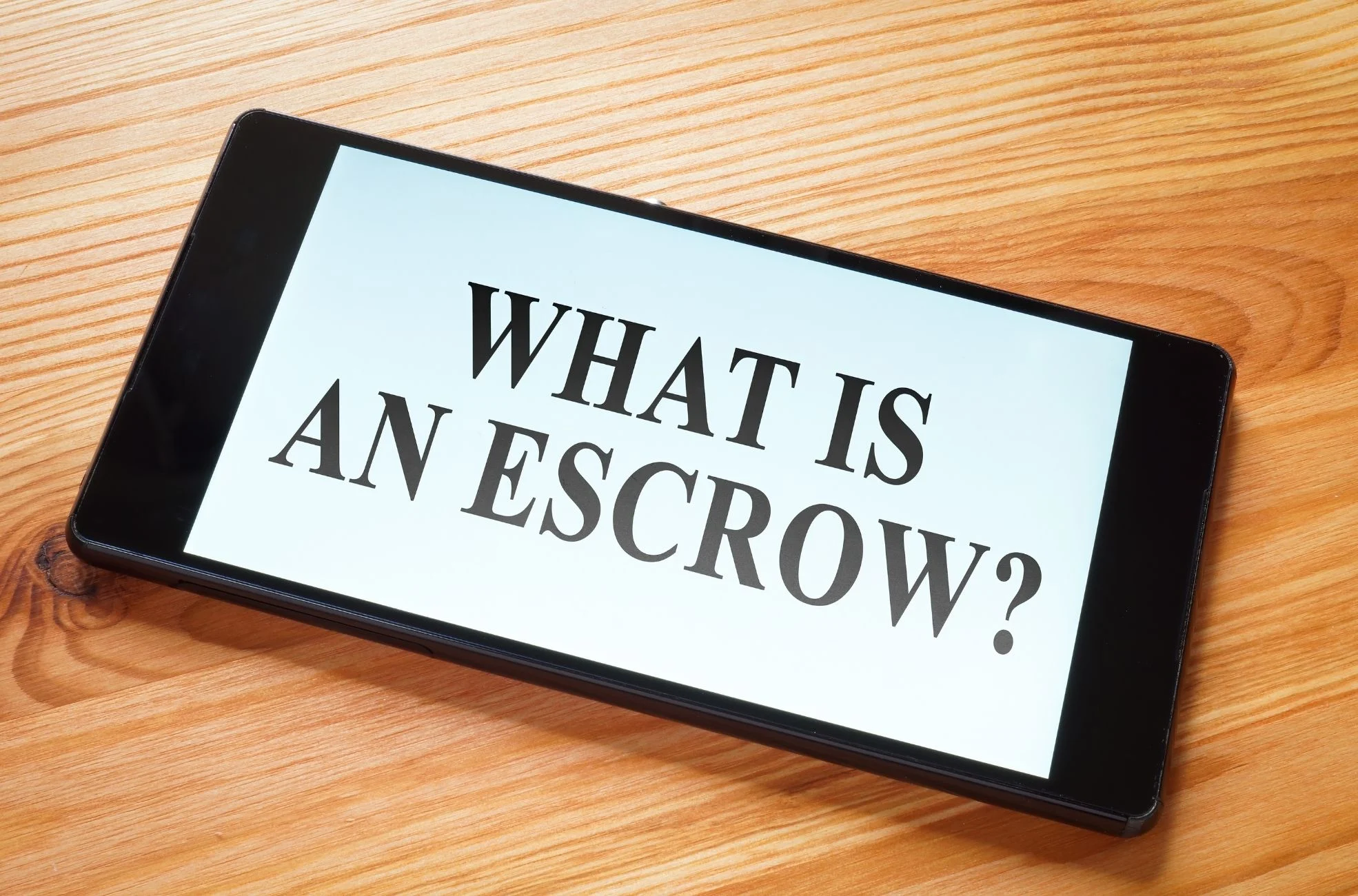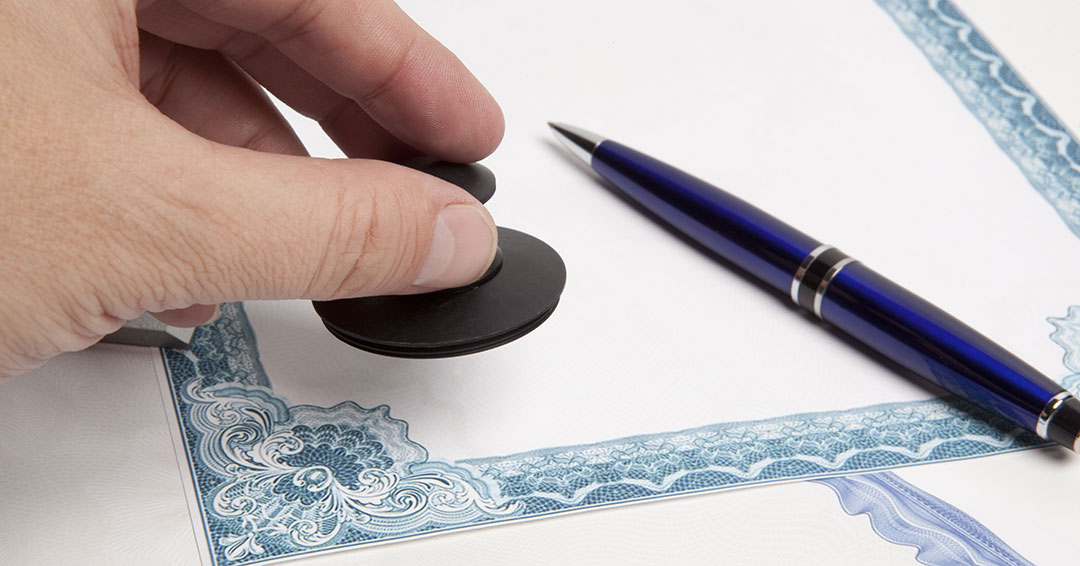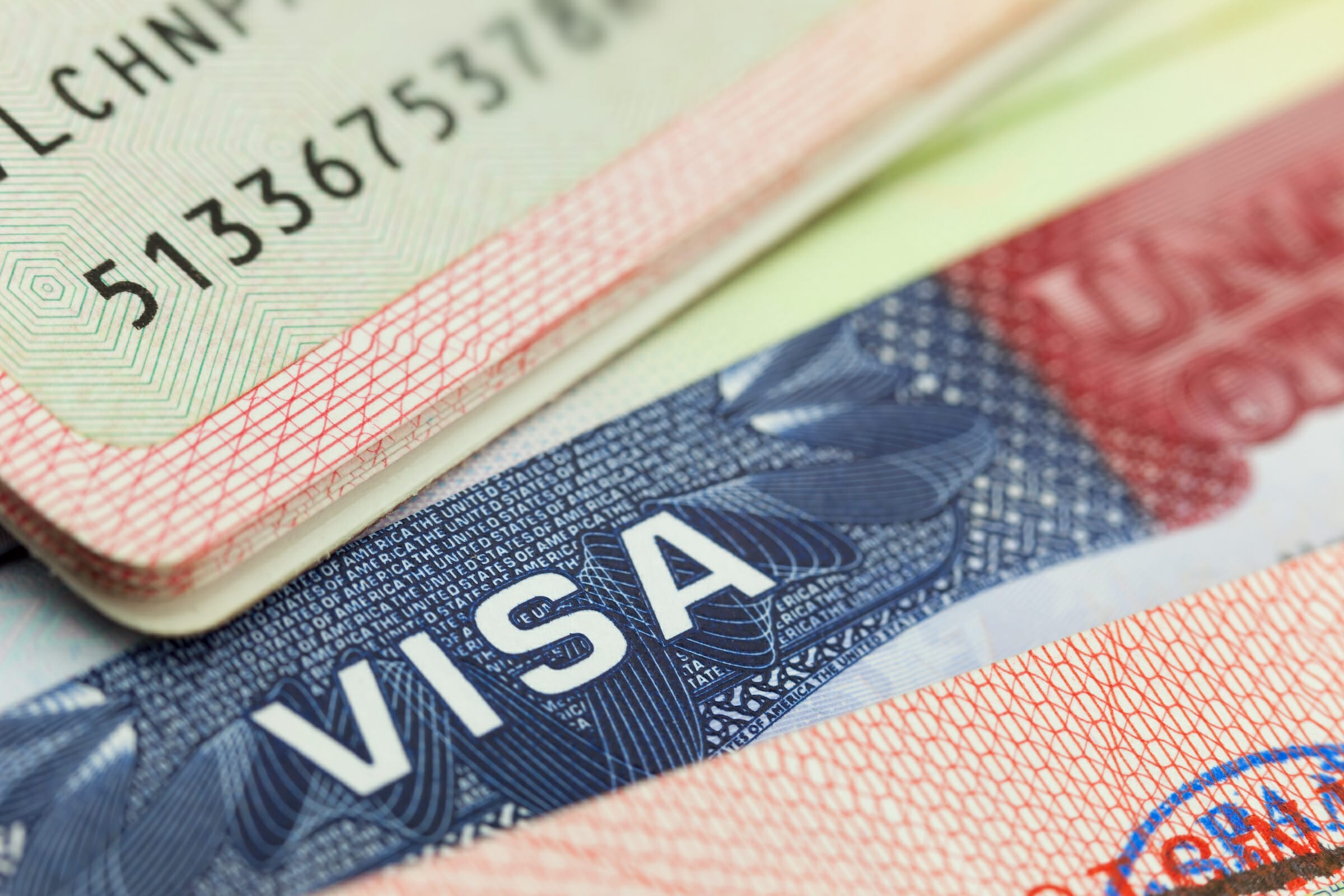Title Deeds in Thailand. Understanding title deeds is the single most important step when buying, selling, financing or otherwise dealing with land or buildings in Thailand. The country uses a layered system of land documents — some give full freehold, others only possessory or use rights — and the practical difference between them can determine whether you can sell, mortgage, subdivide or build on a plot. Below is a focused, practical explanation of the main deed types, what they legally mean, how the Land Office records and protects rights, common risks, and a checklist of due-diligence steps.
1. Legal foundation — the Land Code and the Land Department
Thailand’s land regime is governed by the Land Code (Land Code Act B.E. 2497/1954) and related regulations administered by the Department of Lands (Land Office). The Land Office issues title documents, maintains the cadastral maps and records encumbrances (leases, mortgages, servitudes) on the face/back of each title. For foreigners the Land Code also contains strict limits on land ownership (with tightly defined exceptions).
2. The hierarchy of title documents — which ones give “real” ownership?
Thai land documents are commonly described in a hierarchy from most to least secure:
-
Chanote (Nor Sor 4 Jor / NS4J) — the full freehold title. Parcels with a Chanote are surveyed to the national grid, have precise GPS coordinates and physical boundary markers, and give the owner full rights to sell, mortgage, subdivide and register real rights. Chanote titles are the gold standard.
-
Nor Sor Sam Gor (Nor Sor 3 Gor / NS3K) — often called a “confirmed certificate of use” (green deed). It is very secure and can usually be treated practically like a chanote for most transactions, but historically it arises from an unofficial survey that has since been correlated with cadastral records. 1
-
Nor Sor Sam (Nor Sor 3 / NS3) — indicates a claimed or registered right of use/possession; less secure than NS3K and usually requires upgrading before full freehold acts (like mortgage) are advisable.
-
Sor Kor 1 / Por Bor Tor 5 (and similar possessory certificates) — documentary evidence of occupation or notification of possession; these documents often cover agricultural or community land and do not equate to freehold ownership. Buyers should be extremely cautious with these lower-tier documents
(Colours and garuda symbols printed on deeds are visual cues widely used in practice to identify the type; but always verify the legal status with a Land Office search.)
3. What a Chanote actually gives you — survey, markers and encumbrances
A Chanote parcel is precisely surveyed and plotted against the national grid, and the Land Office will have a corresponding cadastral map and numbered permanent boundary markers (“lak chet”) set in the ground. These markers and the survey plan are legally significant: a professional surveyor can locate them and confirm whether fences/structures match the registered boundaries. The deed’s reverse side records any registered encumbrances (mortgage, registered lease, superficies etc.).
4. Transfers, registration and costs (what happens at the Land Office)
To transfer ownership the parties attend the local Land Office and lodge original title, documents of transfer (sale/purchase agreement), proof of ID/corporate documents, and pay statutory charges. Typical elements include:
-
Registration (transfer) fee — commonly 2% of the Land Department’s appraised value (often used as the registration base).
-
Specific Business Tax (SBT) — typically 3.3% (3% SBT + 10% municipal surcharge) if the sale is a business sale or the seller owned the property less than the statutory holding period; otherwise stamp duty applies.
-
Withholding / income tax — a withholding tax or final personal/company tax is typically collected at transfer calculated under Revenue Department rules (amount depends on seller status and how long the property was held).
Because values used for fees are based on government appraisals (updated periodically), the Land Office receipts and tax consequences should be checked before closing.
5. Mortgages and registered real rights
Mortgages and other registered rights (servitudes, superficies, registered leases over 3 years) must be recorded at the Land Office to bind third parties. Registered mortgages are prioritized by registration order; banks require original title and a clear Land Office search before lending. Mortgage registration and stamp duties are modest (registration fees and small stamp taxes) but the registration step is what gives the lender priority.
6. Common risks and how they appear in practice
-
Wrong deed type: Buying a plot with only a Sor Kor 1 or Por Bor Tor 5 can leave you without marketable title.
-
Forgery / double sales: Scammers sometimes present falsified documents; always run an original-title check at the Land Office. The Department itself publishes warnings and the market reports frequent examples of attempted fraud.
-
Hidden encumbrances: Mortgages, registered leases or pending litigation show on the title search — they must be cleared or contractually handled before transfer.
-
Boundary disputes: Even with a Chanote, on-the-ground surveys are prudent; fences and neighboring claims can lead to disputes if markers are disturbed.
7. Foreigners and land — strict limits and workarounds
The Land Code generally prohibits foreigners from owning land, subject to very narrow statutory exceptions and tightly regulated routes (e.g., BOI promotion, certain treaty-based exceptions, or land acquired under Section 96 bis with permission and conditions). Practical alternatives used by foreigners include condominium ownership (within the 49% foreign quota), registered long-term leases (registered for enforceability), usufructs and superficies — each with legal nuances and risks that require careful structuring. Always confirm the current statutory regime and any ministerial rules before relying on a structure.
8. Due diligence checklist (practical steps before you sign)
-
Obtain an original title deed and have the Land Office make an official copy and cadastral map extract.
-
Check deed type (Chanote vs NS3K vs NS3 vs Sor Kor 1) and confirm what rights that document actually carries.
-
Search for encumbrances (registered mortgages, leases, pending registrations, court notices).
-
Verify boundary markers with a licensed surveyor — reconcile the physical posts with the title plan and GPS coordinates.
-
Confirm vendor identity and chain of ownership (trace the chain on the Land Office record).
-
Ask for evidence of tax payments and utility clearances and confirm if SBT / stamp duty / withholding will apply at transfer.
-
If you’re a foreigner, get specialist advice on whether the transaction exposes you to prohibited ownership, nominee risk, or alternative structures that properly protect your investment.
Conclusion
Title deeds in Thailand are precise legal instruments: a Chanote offers certainty and survey-backed boundaries, while several lower-tier documents confer more limited or conditional rights. The Land Office’s records (and the deed’s back-of-title encumbrance table) are the definitive source. Robust due diligence — Land Office searches, professional survey confirmation, clear handling of encumbrances and tax consequences, and specialist advice for foreign buyers — is essential to avoid the common and sometimes ruinous pitfalls of property transactions in Thailand.





